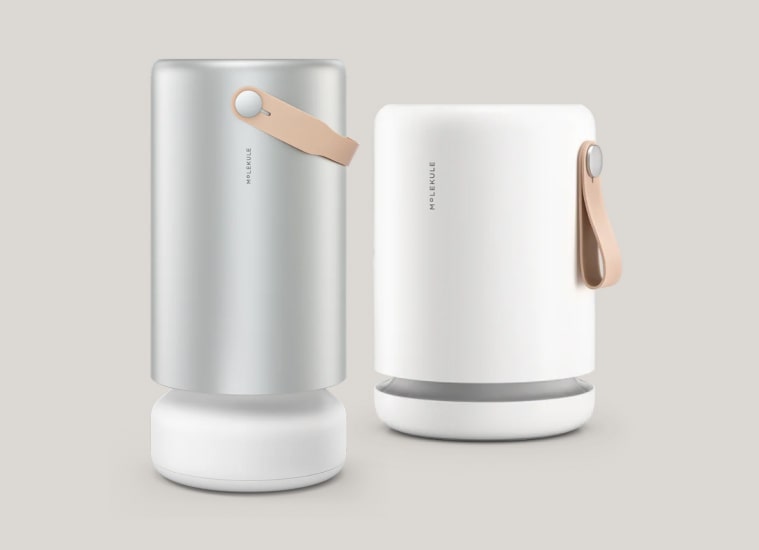Do’s and Don’ts for Managing Chronic Hives
Advice for managing the symptoms of chronic hives with help from your allergy doctor.
 Most of the time, hives are caused by exposure to a specific trigger, such as an allergen, stress, or sun. However, sometimes hives appear and persist with no known cause. If you have this type of chronic hives, don’t worry. You can manage your symptoms with help from an experienced allergy doctor.
Most of the time, hives are caused by exposure to a specific trigger, such as an allergen, stress, or sun. However, sometimes hives appear and persist with no known cause. If you have this type of chronic hives, don’t worry. You can manage your symptoms with help from an experienced allergy doctor.
Here are some do’s and don’ts that are essential for managing chronic hives.
Don’t Eat Histamine-Rich Foods: Histamine is a protein designed to warn the immune system of impending attack by an allergen (or something the body perceives as an allergen). In individuals with chronic hives, histamine triggers dilation of the blood vessels, causing itching, flaking, and reddening of the skin. Because you already have histamine overacting in your body, you probably need to avoid adding more histamine to the mix by eating histamine-rich foods such as wine, beer, champagne, fermented foods, dried fruit, citrus fruits, tofu, cured meats, aged cheese, and smoked fish.
Don’t Use Anti-Inflammatories: Normally, histamine released into the central nervous system is broken down by an enzyme called histamine-N-methyltransferase and histamine from your diet is broken down by the enzyme diamine oxidase. However, non-steroidal anti-inflammatory drugs (as well as acid blockers and alcohol) interfere with your body’s ability to breakdown and eliminate histamines.
Don’t Wear Tight Clothes: Tight clothing can irritate your already sensitive skin and worsen or trigger symptoms. Opt for loose garments, preferably of natural fibers like cotton.
Do Try to Relax: Stress and lack of sleep can both aggravate chronic hives. By caring for your emotional health, practicing relaxation techniques, and improving your sleep habits, you may find relief from your symptoms.
Do Keep a Diary: Although you may not know the trigger for your hives right now, it is possible you and your doctor could discover it given enough detailed information about your diet, activities, and hive flare-ups. Keeping a diary can also help you figure out how diligent you need to be about keeping histamine-rich foods out of your diet.
Do See an Allergist: Your allergist can offer medications to help manage your hives. Anti-histamines can help many patients and this is usually the first option to try. If your hives do not respond well to this treatment, we can prescribe XOLAIR, a new immunomodulating agent recently approved by the FDA.
You can count on the caring allergy doctors at Allergy, Asthma, and Immunology Medical Group to help you find the right combination of measures to effectively manage your chronic hives. To make an appointment, please contact us today.




